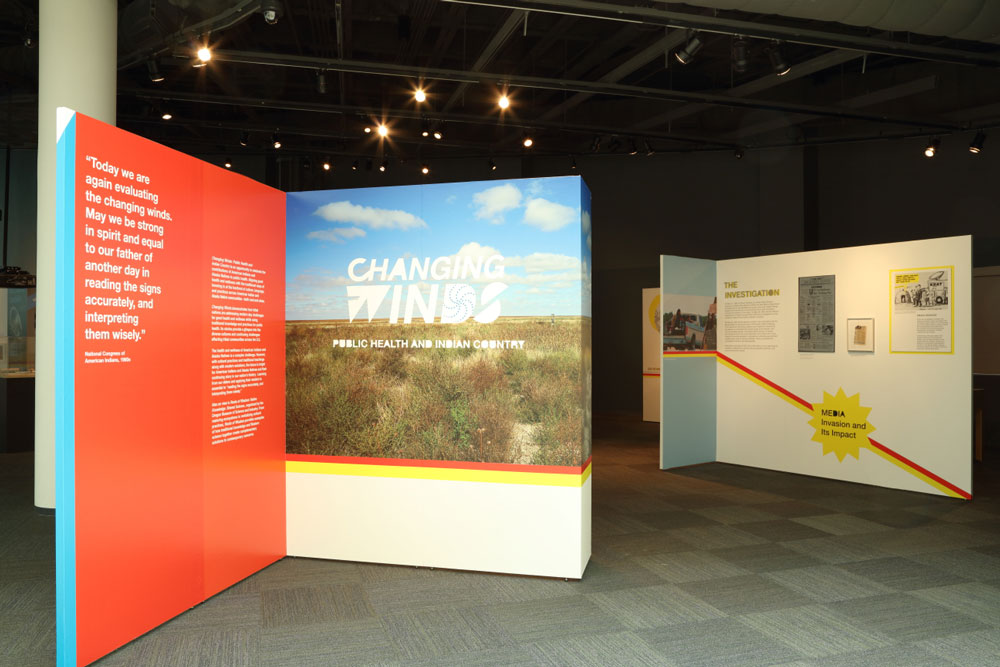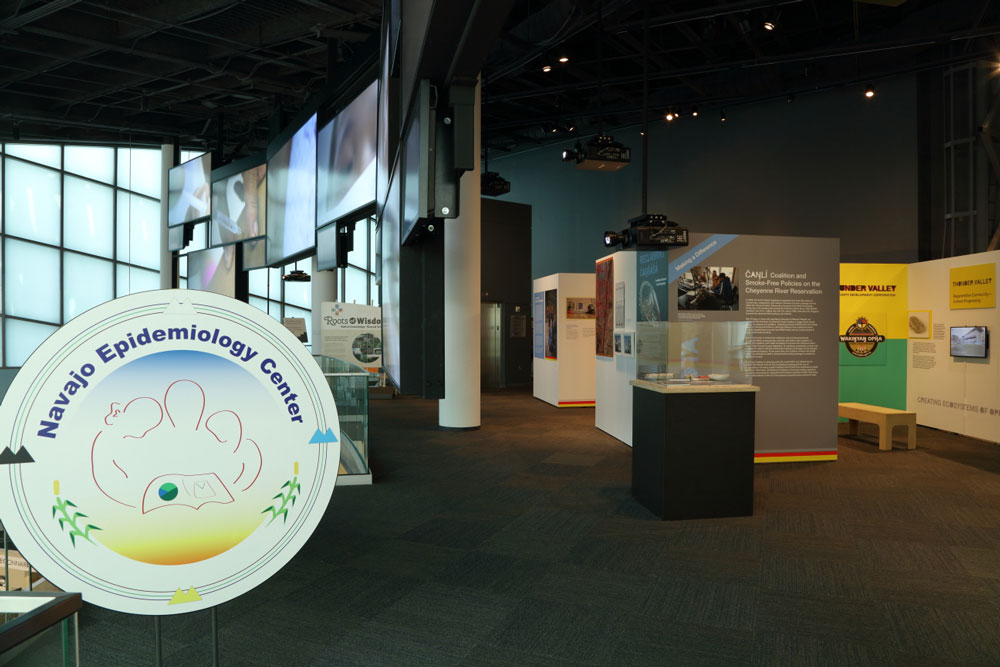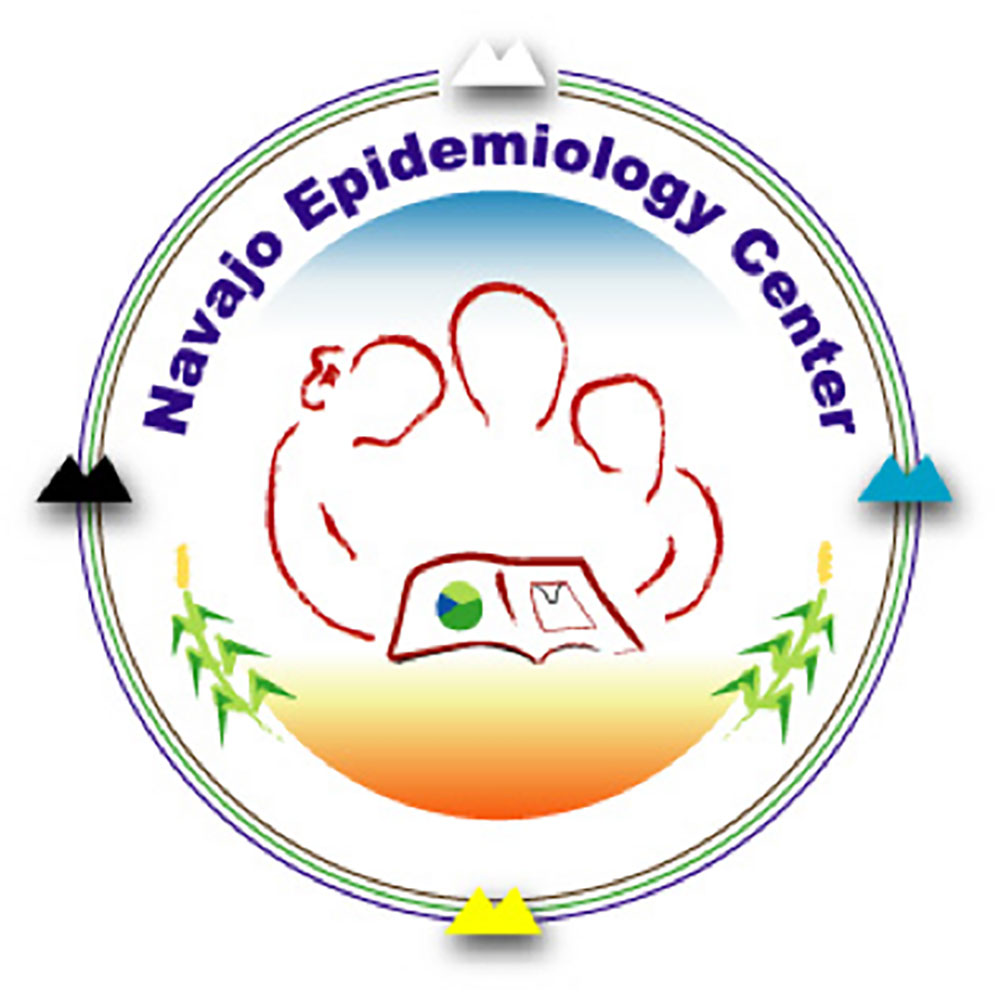Sponsored by the Tribal Injury Prevention Resource Center (TIPRC), the Tribal Motor Vehicle Safety Summit attracts tribal injury prevention practitioners, public health professionals, CHR/CHW’s, elected leaders, advocates, law-enforcement, EMT/EMS, researchers, and community-based service providers nationwide. The Summit will be taking place at the Isleta Resort and Casino in Albuquerque, NM May 19-21, 2020. Lodging assistance may be available upon registration request.
Submission Deadline:
The deadline for abstract submissions has now been extended to January 31, 2020.
More information about the conference, registration or to submit an abstract.
Registration for the conference is free. Travel assistance is available upon request.
Submission Guidelines:
Several types of workshops will be considered, including presentations, panel presentations, and interactive workshops.
Abstracts should include the following information:
- Lead Presenter name
- Presentation Title
- Contact information
- Other Co-Presenters/Co-Authors
- Description of presentation: limited to 400 words or less
- 2-3 Learning objectives
- Desired track (choose only 1). Conference tracks are listed below.
- Workshop type (Presentation, Poster Presentation, Panel Presentation, Interactive Workshop)
- Focus of presentation: Programs, Research, Combination of Programs and Research
- Each presentation (excluding poster presentations) will be 60 minutes per session
Conference Tracks
Presenters can submit abstracts for the following tracks:
1. Community and Culture
POC: Jerrod Moore, jmoore@aaihb.org
Culture plays a vital role in prevention programs for American Indian and Alaska Native communities. This track will highlight the important role culture plays transportation and injury prevention programs and describe innovative ways that tribes and tribal organizations have incorporated these elements.
2.Program Development
POC: Jerrod Moore, jmoore@aaihb.org
Presentations included as part of this track will allow attendees to learn what it takes to develop and implement transportation and injury prevention programs in American Indian/Alaska Native communities. This includes presenting and sharing stories about how programs do one or more of the following a) assess community needs and strengths; b) conduct strategic planning; c) develop partnerships and coalitions; d) tailor evidence-based strategies for local use; e) communicate with different stakeholder groups; f) advocate for policy, environmental, or systems-level change; and/or g) secure or share resources. Sessions in this track could include a variety of presentation formats to allow speakers to share what worked well or what they would do differently to develop and implement a program.
3. Bike and Pedestrian Safety
POC: Carrie Brown, cbrown@aaihb.org
Motor vehicle safety involves all modes of transportation. By creating safe biking and pedestrian environments, we create safer roads for all users. This track will highlight safety measures taken by communities to improve safety, innovative and emerging strategies, evidence-based practices, community engagement and lessons learned in bike and pedestrian safety.
4. Data Development
POC: Carrie Brown, cbrown@aaihb.org
This track will focus on demonstrating the impact of injury prevention programs in Indian Country, data collection, data storage and analysis. We are specifically interested in abstracts which describe formative and process evaluations of programs; innovative way to use, collect, and store data; and examples of how to measure program outcomes with existing data or data collected through culturally-tailored ways. Presentations informed by quantitative, qualitative, and mixed methods are welcome. We are interested in presentations from across topic areas.
5. Child Passenger Safety (CEU)
POC: Tabatha Harris, tharris@aaihb.org
Child Passenger Safety continues to be a challenge for tribal communities. This track will focus on CEU opportunities for existing Child Passenger Safety Technicians to earn CEU’s and seat sign offs toward their recertification. Presentations will focus on new technology in the field, challenges in the field, caregiver communication, and the new changes to the SafeKids technician course. We are interested in topics across the field that directly impact Indian Country.
If you have questions please feel free to contact Jerrod Moore jmoore@aaihb.org, Carrie Brown cbrown@aaihb.org, Tabatha Harris tharris@aaihb.org.




